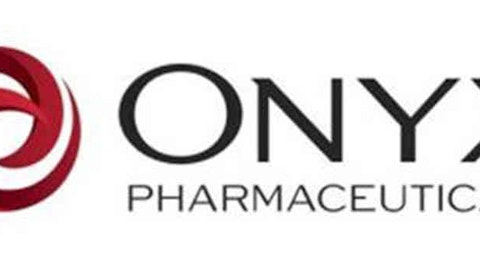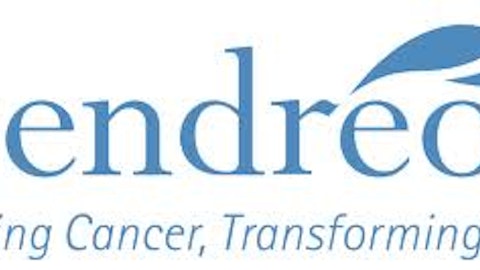Love it or hate it, the Patient Protection and Affordable Care Act — commonly referred to as Obamacare — changes the health care landscape. And anytime there are changes, it creates investment opportunities to take advantage of. Here are three areas you should be looking at as Obamacare hits its stride.
Investment opportunity #1: Biosimilars
Before Obamacare, there was a simple pathway for generic-drug makers to develop small molecule drugs, but biologics — protein-based drugs — got a free pass. After a biologic went off patent, the only way to get a copycat approved was to go through the standard branded-drug approval process.
Obamacare ordered the Food and Drug Administration to establish a pathway to approve generic versions of biologic drugs, called biosimilars, because it’s impossible to make an exact copy of a biologic without knowing the proprietary way the drug is made.
Many of the branded-drug companies — Amgen, Inc. (NASDAQ:AMGN), Novartis AG (ADR) (NYSE:NVS), and Merck & Co., Inc. (NYSE:MRK), for instance — are developing biosimilars, but they’re not likely to see a large impact from the biosimilars given their large size.
If you’re looking for a larger impact from the development of biosimilars, Momenta Pharmaceuticals, Inc. (NASDAQ:MNTA) is probably your best bet. The company has a partnership with Baxter International Inc. (NYSE:BAX), which reduces the marketing risk since Baxter International Inc. (NYSE:BAX) has a fairly large footprint, especially in hospitals.
Investment opportunity #2: Orphan drugs
Obamacare has pushed to lower drug costs, especially those purchased through government programs and some eligible health care organizations through the 340B Drug Pricing Program. But orphan drugs that treat rare diseases were excluded from the program.
From the government’s perspective, so few patients are on each drug that giving up the discount probably isn’t a major hit. And,of course, the orphan drug designation was designed to encourage development of drugs that might not otherwise be developed. Cutting into profits undermines the purpose of the program.
But despite the limited number of patients, there’s still money to be made in orphan drugs because drugmakers can charge $200,000 or more per year for the drugs. BioMarin Pharmaceutical Inc. (NASDAQ:BMRN) sold $257 million worth of its orphan drug Naglazyme last year, up 14% year over year. Alexion Pharmaceuticals, Inc. (NASDAQ:ALXN) has done even better with Soliris, its drug for paroxysmal nocturnal hemoglobinuria and another orphan disease, surpassing $1 billion last year.
Investment opportunity #3: Banks (no really)
Earlier this year, Wells Fargo & Co (NYSE:WFC) said its health savings accounts, or HSA, grew 31% to end 2012 with more than $800 million on deposit.
The accounts allow individuals to deposit pre-tax money for future medical expenses. Banks profit from the deposits in the interim.
Obamacare is likely to increase the number of people with high-deductible insurance, especially relatively healthy individuals who don’t need low co-pays because they rarely go to the doctor. The HSAs help deaden the blow from potential high out-of-pocket expenses.
It might be a bit of a stretch to consider Wells Fargo & Co (NYSE:WFC) an investment opportunity based solely on its potential to increase HSA accounts; other aspects of its banking business are likely to have a greater influence on the stock price than the amount of HSA accounts it has. But the HSAs can bring in new customers, allowing Wells Fargo & Co (NYSE:WFC) to cross-sell its other products to the new customer. Come for an HSA, stay for a home loan.
The article 3 Obamacare-Inspired Investment Opportunities originally appeared on Fool.com is written by Brian Orelli.
Fool contributor Brian Orelli has no position in any stocks mentioned. The Motley Fool recommends BioMarin Pharmaceutical, Momenta Pharmaceuticals, and Wells Fargo. The Motley Fool owns shares of Momenta Pharmaceuticals and Wells Fargo.
Copyright © 1995 – 2013 The Motley Fool, LLC. All rights reserved. The Motley Fool has a disclosure policy.




